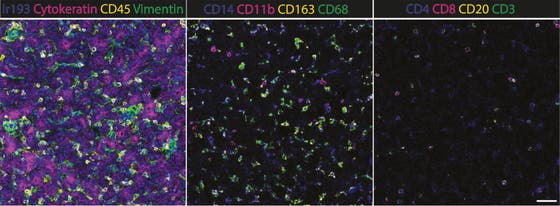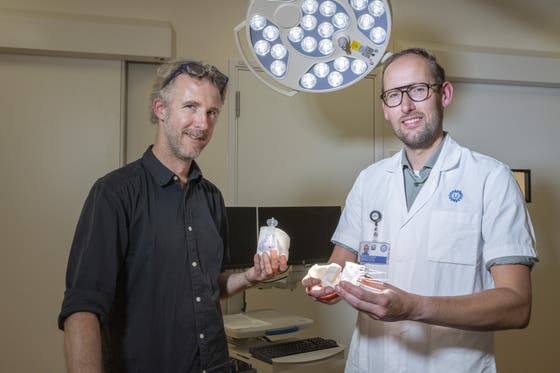Algemeen nieuws
Verpleegkundig onderzoek: een kritische blik op het vak
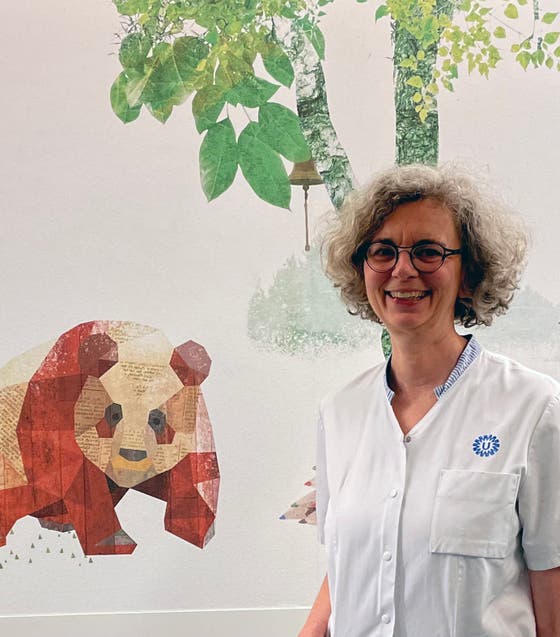
Liesbeth Segers is verpleegkundige van het Jaar 2025’ in de categorie onderzoek
Read moreCommuniceren ondanks locked-in syndroom
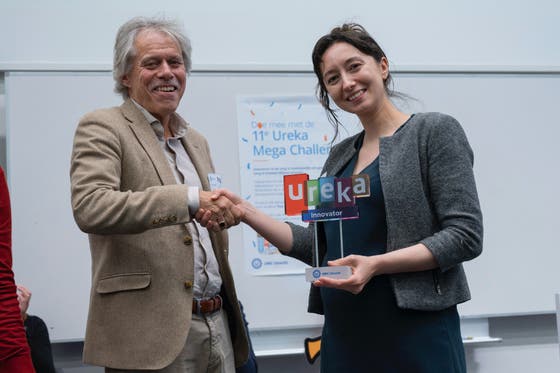
Julia Berezutskaya van het UMC Utrecht wint met ‘Alphabet’ de Ureka Mega Challenge 2025.
Read moreTraumazorg is teamwork: samen sterk in de regio Midden-Nederland
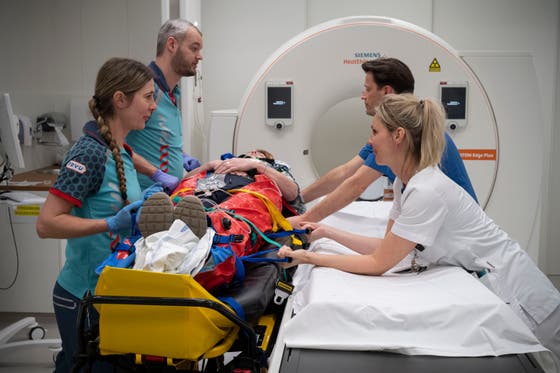
Goede traumazorg lever je nooit alleen. Daar is een heel ziekenhuis voor nodig – én samenwerking met partners in de regio.
Read moreBeurs voor onderzoek naar de oorzaken van SCAD
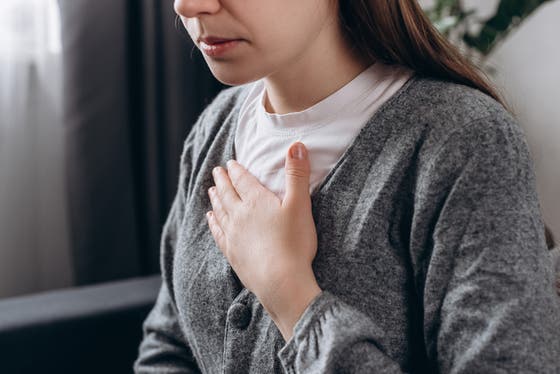
Cardioloog Linda van Laake en onderzoeker Hester den Ruijter gaan onderzoek doen naar de oorzaken van de hartziekte SCAD. Omdat SCAD tot nu weinig onderzocht is, blijft de oorzaak van de ziekte grotendeels onbekend. Met het internationale onderzoek willen de onderzoekers de precieze oorzaken van de ziekte verder ontrafelen. De Hartstichting heeft voor dit onderzoek 500.000 euro vrijgegeven.
Read more'Use real-world data for faster innovation in healthcare'
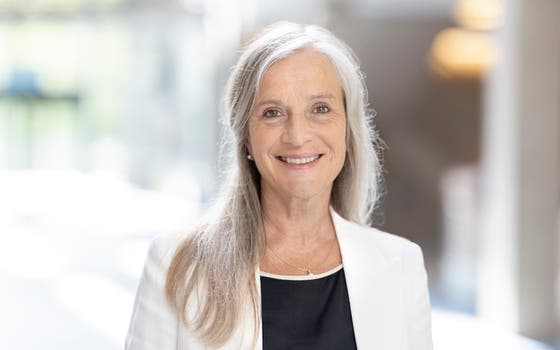
"We need an agile healthcare system that learns sustainably from real-world data," UMC Utrecht Professor of Real-World Evidence Miriam Sturkenboom argues in her oration on 6 July. "With this, we can better help the transition to the Care of Tomorrow."
Read moreNational Growth Fund boost for UMC Utrecht
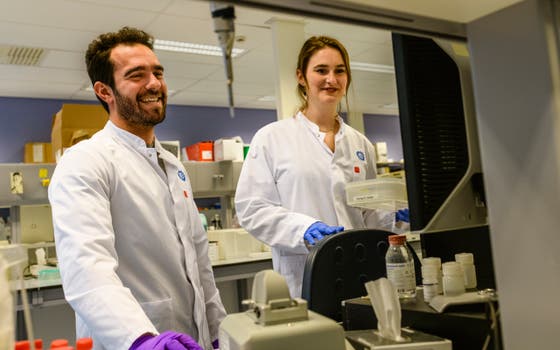
The National Growth Fund reserves EUR 125 million for a new Center for Animal-Free Biomedical Translation to accelerate the transition to animal-free research over the next ten years. This could lead to safer, more effective and better treatments with less animal suffering. UMC Utrecht is also involved in the Delta Plan Valorization and the 'DUTCH' project, two other proposals on which the National Growth Fund committee has advised positively.
Read moreThe resilient baby brain
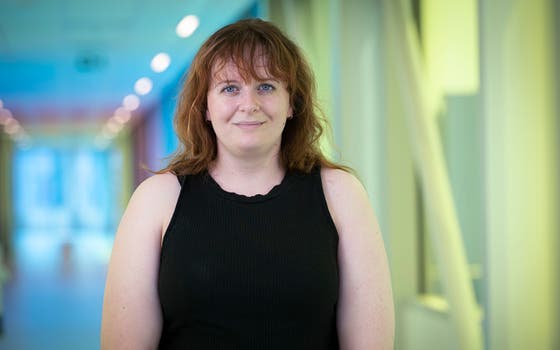
Femke Lammertink defended her PhD thesis on the role of stress on newborn babies' brain development. Supported by findings from her thesis, Femke argues for a new look at this brain development. "Instead of only looking at the negative effects, I would like to shine a spotlight on the resilience that these young babies naturally have."
Read moreAnnet van Royen has been appointed as professor
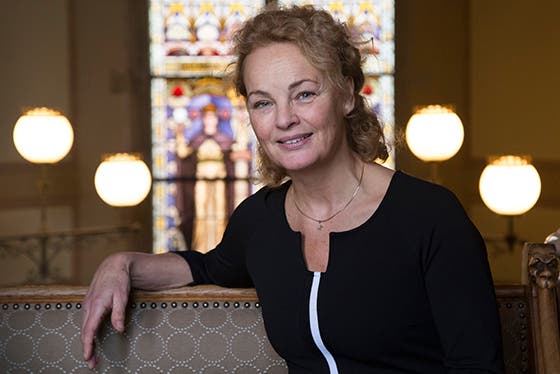
UMC Utrecht has appointed training director of medicine Annet van Royen-Kerkhof as professor of Interdisciplinary Education in Medicine from 15 June 2023. The chair, which falls under the strategic theme Child Health, strengthens interdisciplinary cooperation between the UMC Utrecht and training courses, both at Utrecht University and beyond.
Read moreMajor step forward in treating patients with kidney failure
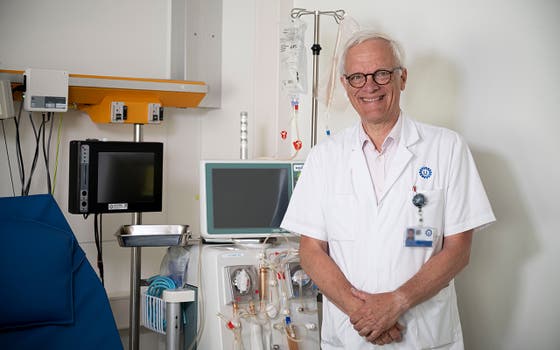
Researchers have shown that a new dialysis method, hemodiafiltration, is a better therapy for patients with kidney failure than hemodialysis. With this dialysis therapy, the risk of death decreases by 23 percent. This is according to a European study led by Peter Blankestijn, nephrologist, and Michiel Bots, MD-epidemiologist from UMC Utrecht. The results of this study appear today in The New England Journal of Medicine. It is a major step forward in the treatment of patients with kidney failure. It is expected to lead to wider global application of hemodiafiltration.
Read moreUMC Utrecht eases treatment of liver cancer
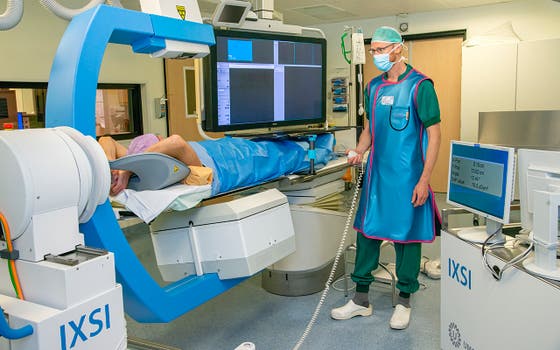
Treated in two hours instead of two weeks: the go-ahead has been given for two clinical trials in which liver cancer patients will actually be treated with the hybrid C-arm. The device, an invention of UMC Utrecht, speeds up and eases radioembolization. This project is part of the IMAGIO consortium, which has now received an IHI grant of no less than 24 million euros from the European Union and its partners.
Read moreInaugural lecture Niels Bovenschen: synergy between education, research and society
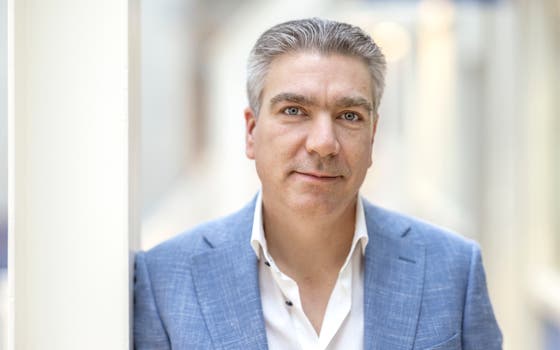
By stimulating Medicine and Biomedical Sciences students to work together on scientific research early in their education, we can better address complex social problems. That is what Professor Niels Bovenschen stated in his inaugural lecture, which he gave yesterday in Utrecht University's Academy Building. Read more about his educational model in this interview.
Read moreTechnologies crucial to the future of healthcare
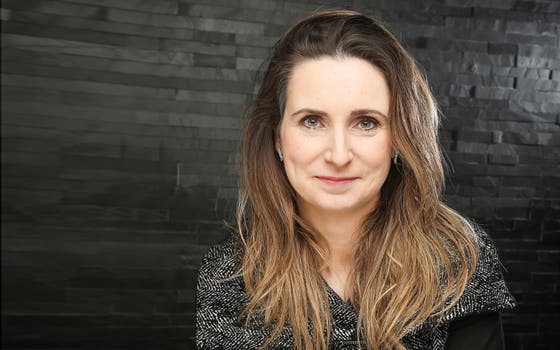
Technologies can be applied in an infinite number of domains, but preventive health is one of the most impactful, according to Patricia Jaspers, managing director at Eindhoven Artificial Intelligence Systems Institute (EAISI, TU/e).
Read moreMetastases unravelled by unique DNA analysis
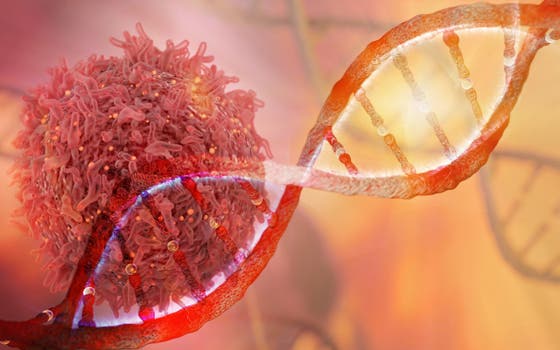
Publications Nature and Nature Genetics about metastases and large-scale DNA analysis.
Read moreTapering Antidepressants with tapering strips
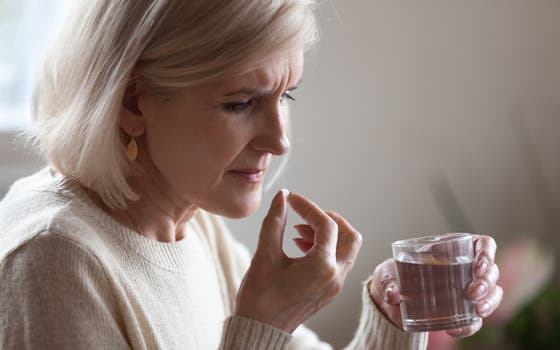
Stopping antidepressants can lead to withdrawal complaints. Tapering strips are a tool to prevent these complaints. Researchers Prof. Jim van Os & Dr. Peter Groot investigated how a client can gradually and safely taper antidepressants using tapering strips.
Read more
